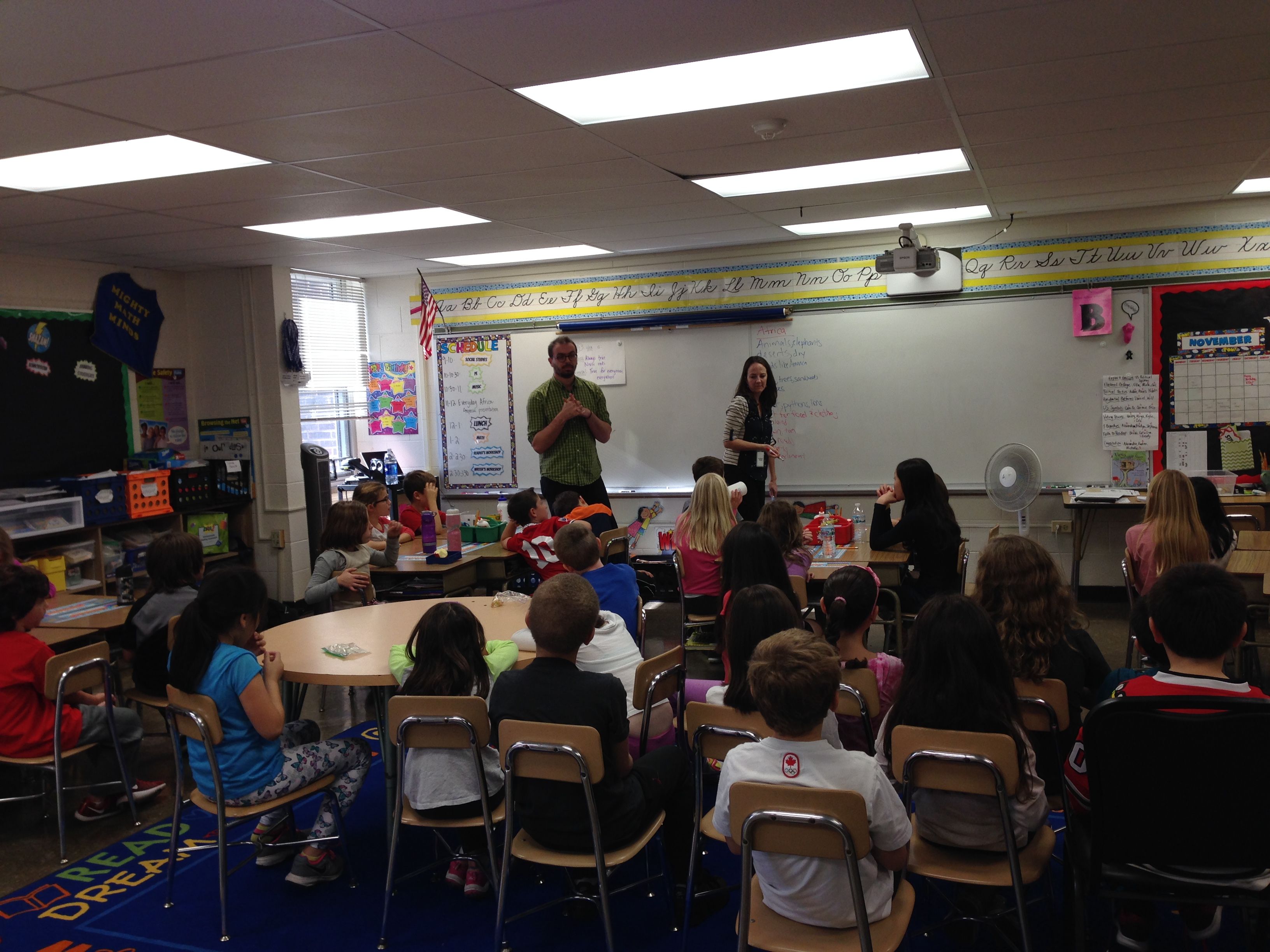It only took an instant for Tracy Crowley to realize that her work has had an impact on how students viewed the world. According to her blog post for The Everyday Projects, which is a project by Pulitzer Center grantees Austin Merrill and Peter DiCampo, Crowley wrote that in just a “sliver of time,” students were empowered to think critically instead of accepting the stereotypes that surround them. Crowley is an Information Literacy Specialist for the Community Consolidated School District 21 in Wheeling, Illinois.
As a Pulitzer Center education partner, Crowley was introduced to the Everyday Projects in 2014, as a means to connect classrooms with journalists in-person, and to create progressive curriculum for students and teachers. She arranges and implements Pulitzer Center programming as global education resources for schools in her district.
The Everyday Projects started with Everyday Africa, a collection of images from Africa shot on mobile phones and published on Instagram. Featuring numerous photographers’ works, the project is an attempt to create a more accurate understanding of the day-to-day African experience, and a response to the common media portrayal of the African continent as a place consumed by disease, poverty, and war.
In her post, Crowley mentions how students’ perspectives about Africa were associated with stereotypes like ‘death,’ ‘disease-ridden,’ ‘murder,’ ‘starvation,’ and ‘hard life.’ But as Everyday Africa’s co-founders, Peter DiCampo and Austin Merrill showed them photographs from Everyday Africa’s Instagram feed, which are a diverse variety of images portraying the African narrative, students realized that people living in Africa can be very much like them and were encouraged to reconsider the stereotypes associated with the continent.
After the presentation, a 6th grade student told Crowley, “Now I know that even though people live differently, we really are all pretty much the same inside, and that’s what matters.” In her blog, Crowley also mentioned similar projects like Everyday Education, Everyday Middle East, Everyday Latin America and Everyday Climate Change as essential to her students' learning.
Crowley published her reflections on her experience collaborating with the Pulitzer Center and connecting Everyday Africa with her students on Medium.com. Click here to read her full text.
